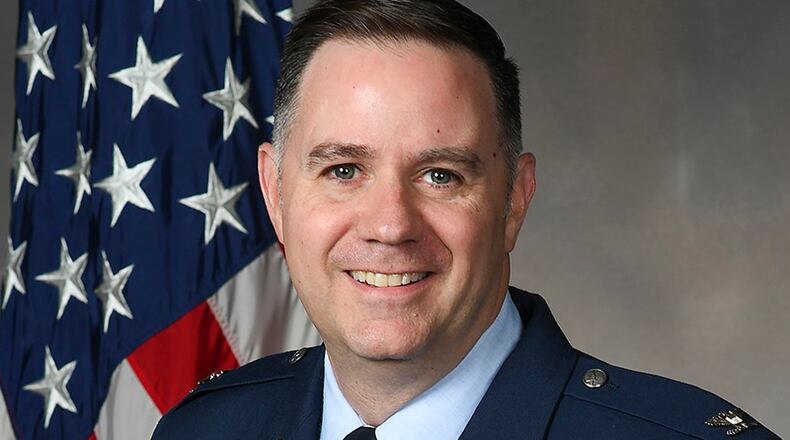This has become the “new normal”. Face-to-face interactions are now done over video camera or, in many cases, just a phone call. But the interactions remain, and the mission drives on. While we focus on our “return to full capacity,” in reality the base writ large has continued to perform better than many of us expected, going so far as to document critical lessons learned and update procedures to enable this new environment with impacts across the Department of Defense.
But as I got home that evening, day 127 took on an entirely new meaning for me. I arrived to my wife putting in extra hours for her work, my son on his computer playing video games and my daughter on hers watching a movie. This had become our family’s new normal. It was at that moment I had to truly appreciate the impact this environment has had outside my office. This was not the normal we wanted.
After 13 permanent changes of station, I’m reminded how challenges like this can become routine for the military member but just the opposite for the family. We arrive at our new duty station, dive right into work, build our circle and don’t look back. In a crisis, we dig in and attack the task, often oblivious of other things going on in our environment.
Our families, however, often find themselves having to work on building those connections, find their way around the new environment and work at filling their time in a fashion that makes them feel valued and involved. This virus has made those challenges more complicated.
There is no doubt the global pandemic has turned our world upside down – at work and at home. But what have we done to balance the changing mission needs with our own personal resiliency as well as that of our families? That question is not just focused on those married or with kids. If you’re single, your family back home is having to adjust to this environment as well and are likely concerned for you and your personal health while trying to deal with complications of their own routines.
Are you keeping your families informed of your environment, your health and safety? And conversely, are you tracking theirs?
Our Air Force has established resiliency as a top priority and even more so since the pandemic began. Often, we focus on the conversations inside the work center, how supervisors are connecting with their Airmen and checking on their well-being during these troubling times. We highlight the tools in our professional military education forums, provide master resilience training at the unit level and foster communications through programs like AFMC Connect.
Each of these resources represent a myriad of tools available to help maintain and build upon our resilience. More importantly, if used regularly and effectively, these skills can aid us in identifying red flags that signify our resiliency may be at risk and empower us to seek help.
It’s in this light that I come back to day 127. While I was consumed with the work at hand, I wasn’t doing everything I could – everything I needed to do – to ensure my family’s resilience was intact. As my wife went into to overdrive for work, my son came home from college and turned to what he enjoyed best, video games, and my daughter to crafting and watching television.
For me, I’d retreat to my woodshop and make sawdust, which was my personal resilience tool. At first, I thought we had it all figured out and were doing well. But that day I finally saw the pressure building at the seams. As much as my family “enjoyed” what they were doing, it was not normal by any means. Ironically, we were socially-distancing within our own household.
Throughout the pandemic, I’ve asked a lot of people about how they were doing and what they were doing to ensure their own personal resiliency but was failing to account for those closest to me. Ironically, if my resiliency was at risk, it would be my family members that I would turn to for help. So again, I ask: what are you doing for your families? How have you checked on them and what have you done to help them through these tough times?
As you continue to ensure mission success, I encourage you to consider family success and what that means in your personal situation. Your Airmen are watching and need to see your family’s well-being is just as important as the mission. As for the Phillips Clan, we’re taking a few days to get off the network and spend some much-needed time hiking, having Nerf wars and playing games. We’ll see you back here, recharged and refreshed, in just a few days.
About the Author
